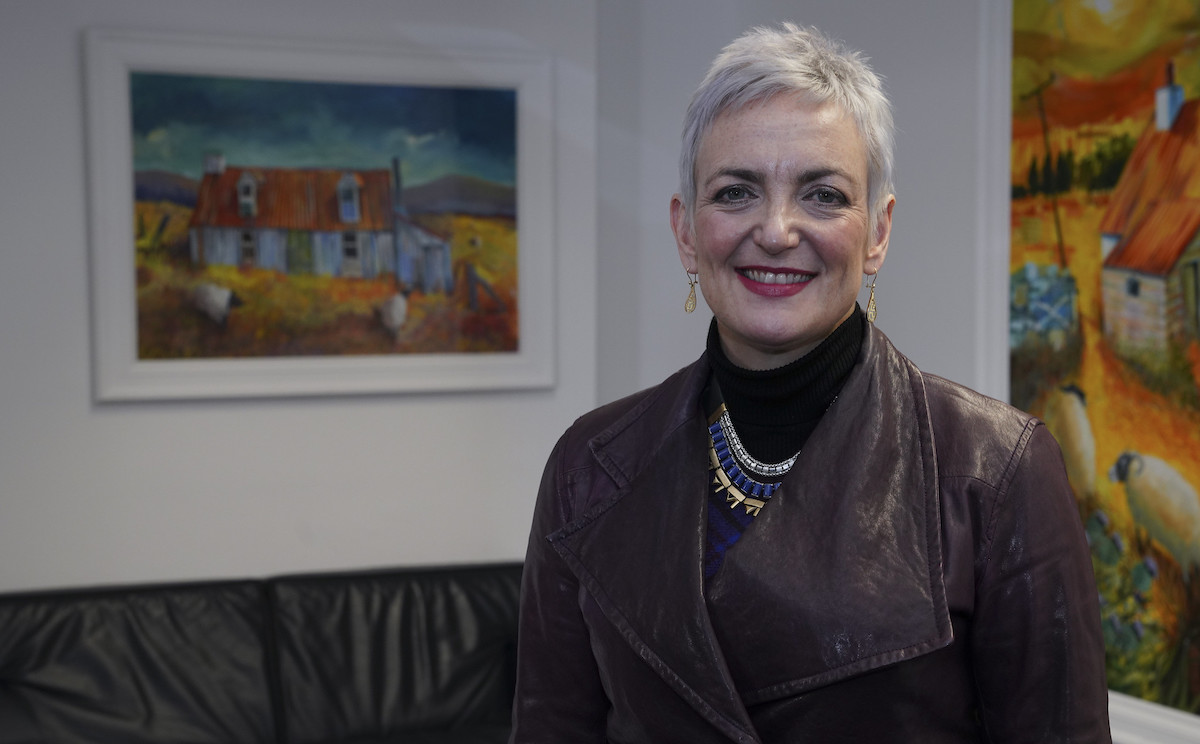Police being trained to administer overdose life saver
Naloxone training rolled out to all West Lothian officers
Police across West Lothian are being trained to deliver the lifesaving drug Naloxone in a bid to counter deaths from overdose.
The drug – which reverses the effects of opiates such as heroin – has saved 100 lives in Scotland, Sgt Mike Harte told local area committees this month.
In West Lothian there were 32 drug deaths last year, the second highest in the Lothians, according to figures released in August.
Sgt Harte told councillors that all police officers up to senior ranks would be trained to deliver Naloxone.
He said: “We are now engaged in a roll-out of Naloxone to be delivered out to every police officer up to the rank of inspector.
“It is an anti-opiate and reverses effects of a heroin overdose. If a person is unconscious, police are now in position, while waiting for an ambulance to administer Naloxone to reverse the effects of the overdose.”
Sgt Harte added: “It has been used in Scotland over 100 times since the roll-out began so you can look at that as 100 lives that have been saved.”
Of the drug death figures last year in West Lothian, 23 were men and nine women. By drugs implicated, 28 deaths were attributed to opiates, 27 Benzodiazepine, 18 cocaine, one ecstasy, one amphetamine and one alcohol related.
National records for Scotland figures show that per 100,000 population the death rate from drug misuse was lower in West Lothian, at 14.7, compared to neighbouring council areas.
In Edinburgh the death rate was 18.3 per 100,00, 21.3 per 100,000 in Midlothian and 23.9 per 100,000 in South Lanarkshire.
There has been a 10% increase in drug deaths since the start of the century. In 2000-2004 the death rate per 100,000 was 4.3 in West Lothian, and 5.1 in Edinburgh.
Across the Lothians drug death figures for last year – the first year to see a fall nationally – were Edinburgh 109, East Lothian 16 and Midlothian 23.
At the release of the figures local Livingston MSP and Scotland’s drugs policy minister, Angela Constance, said the number of deaths remained “unacceptable”, and that work would continue “at pace” to address the emergency.
by Stuart Somerville Local Democracy Reporter.
The Local Democracy Reporting Service (LDRS) is a public service news agency. It is funded by the BBC, provided by the local news sector (in Edinburgh that is Reach plc (the publisher behind Edinburgh Live and The Daily Record) and used by many qualifying partners. Local Democracy Reporters cover news about top-tier local authorities and other public service organisations.
